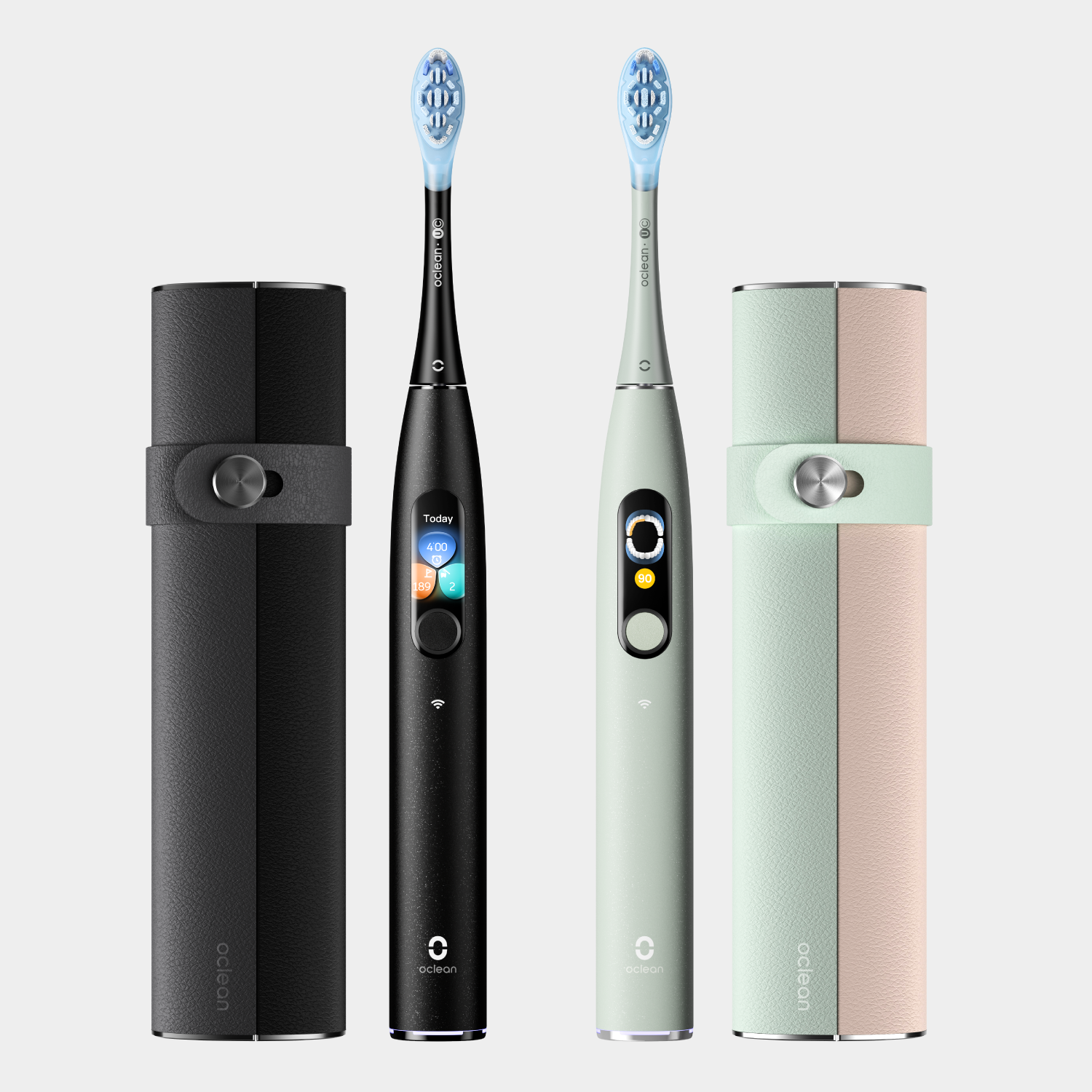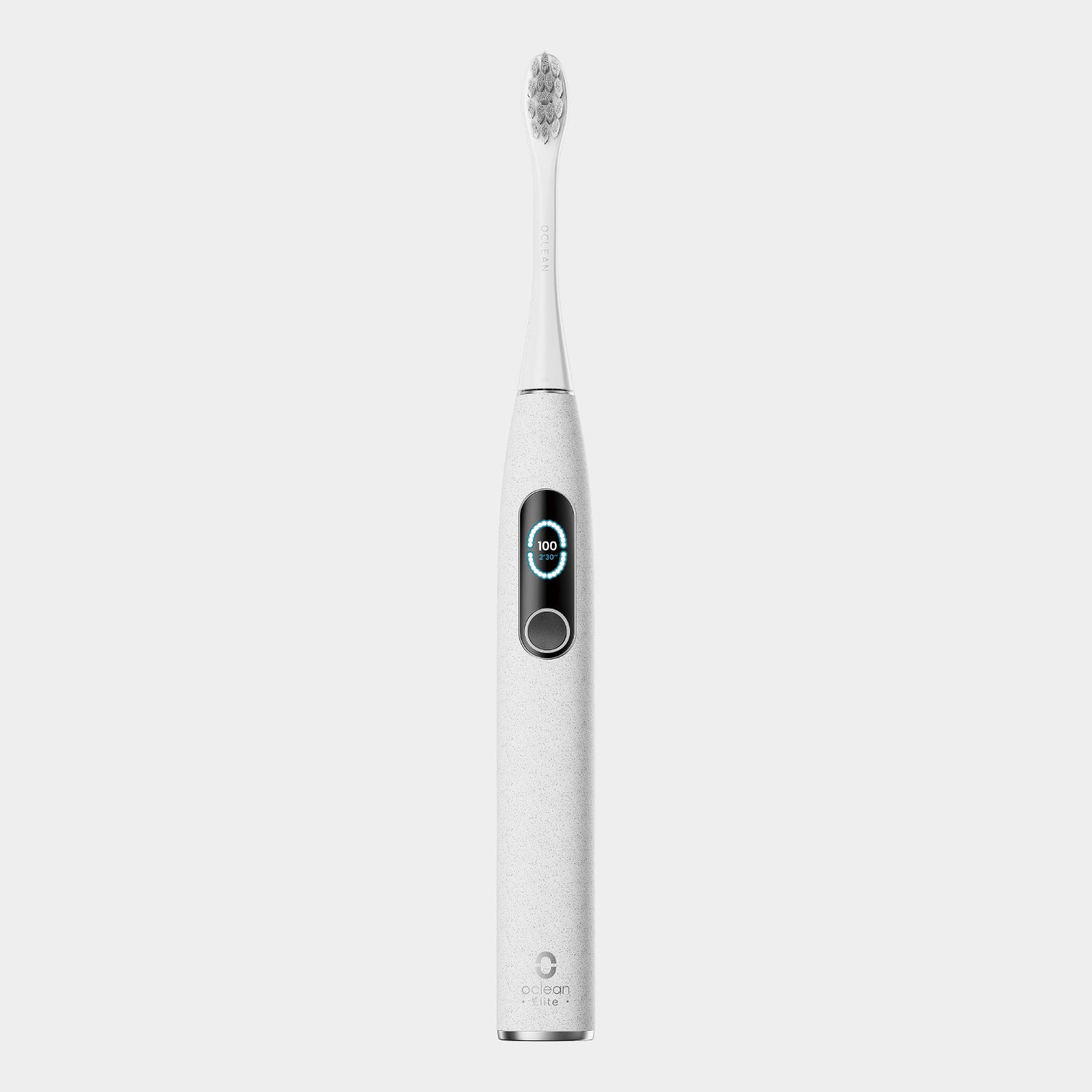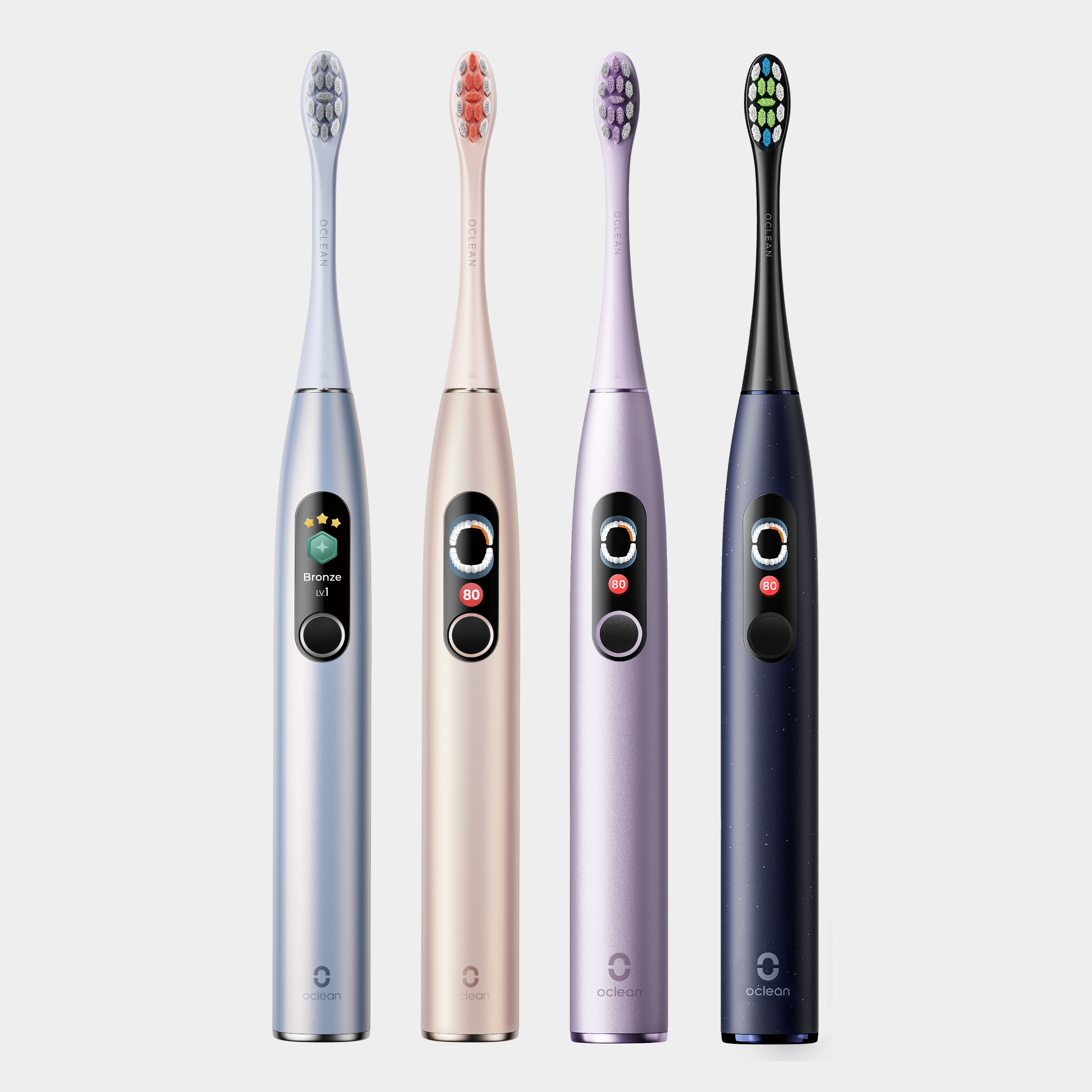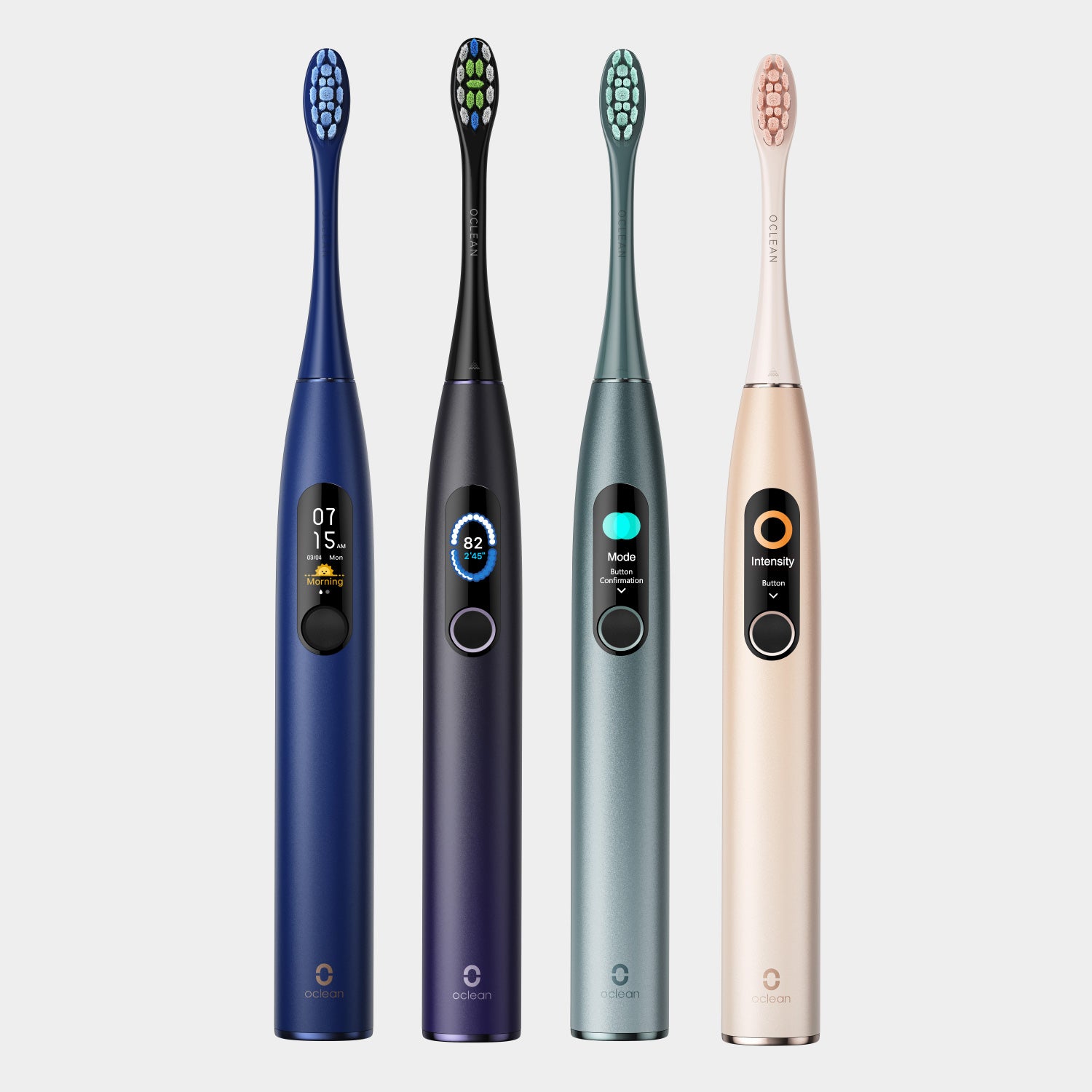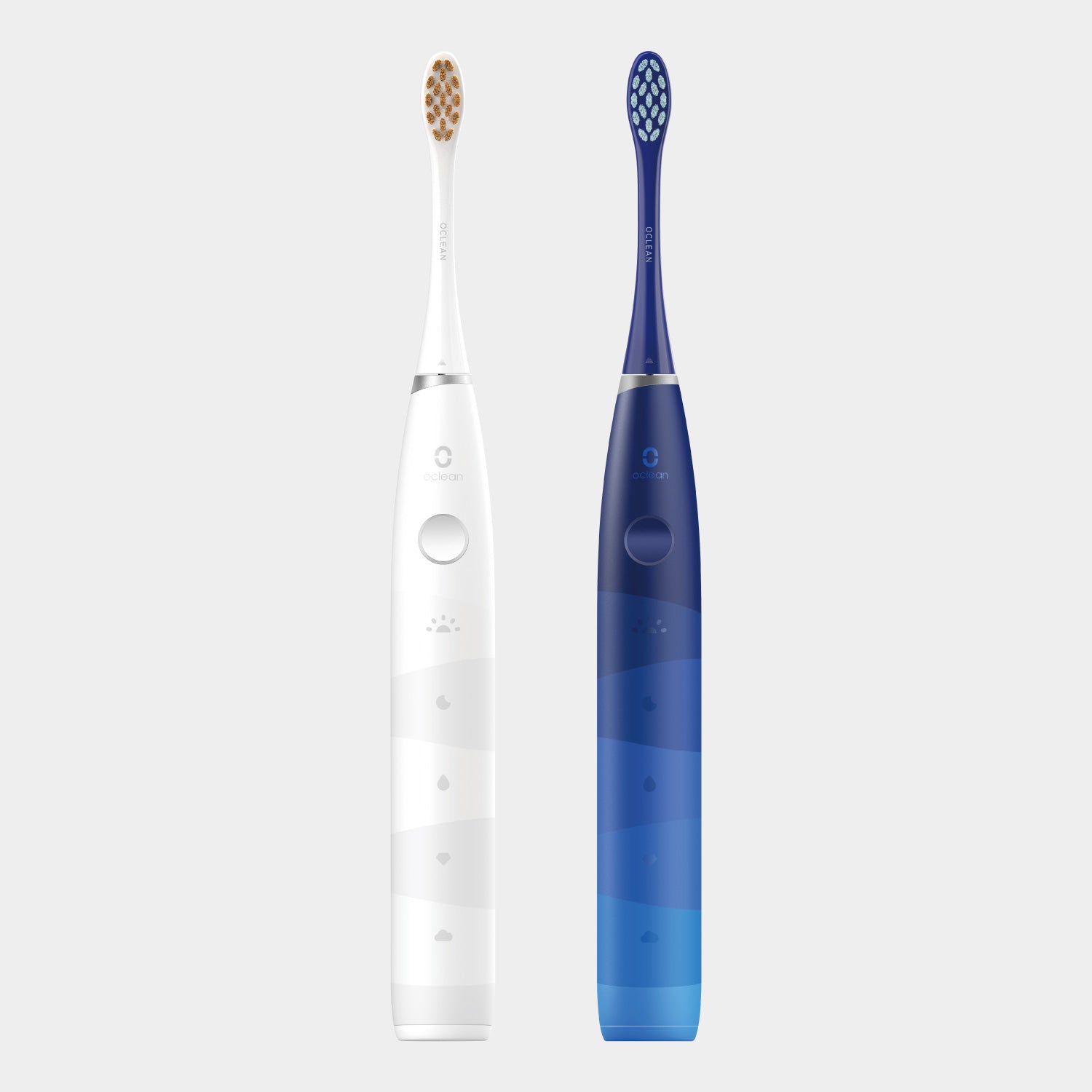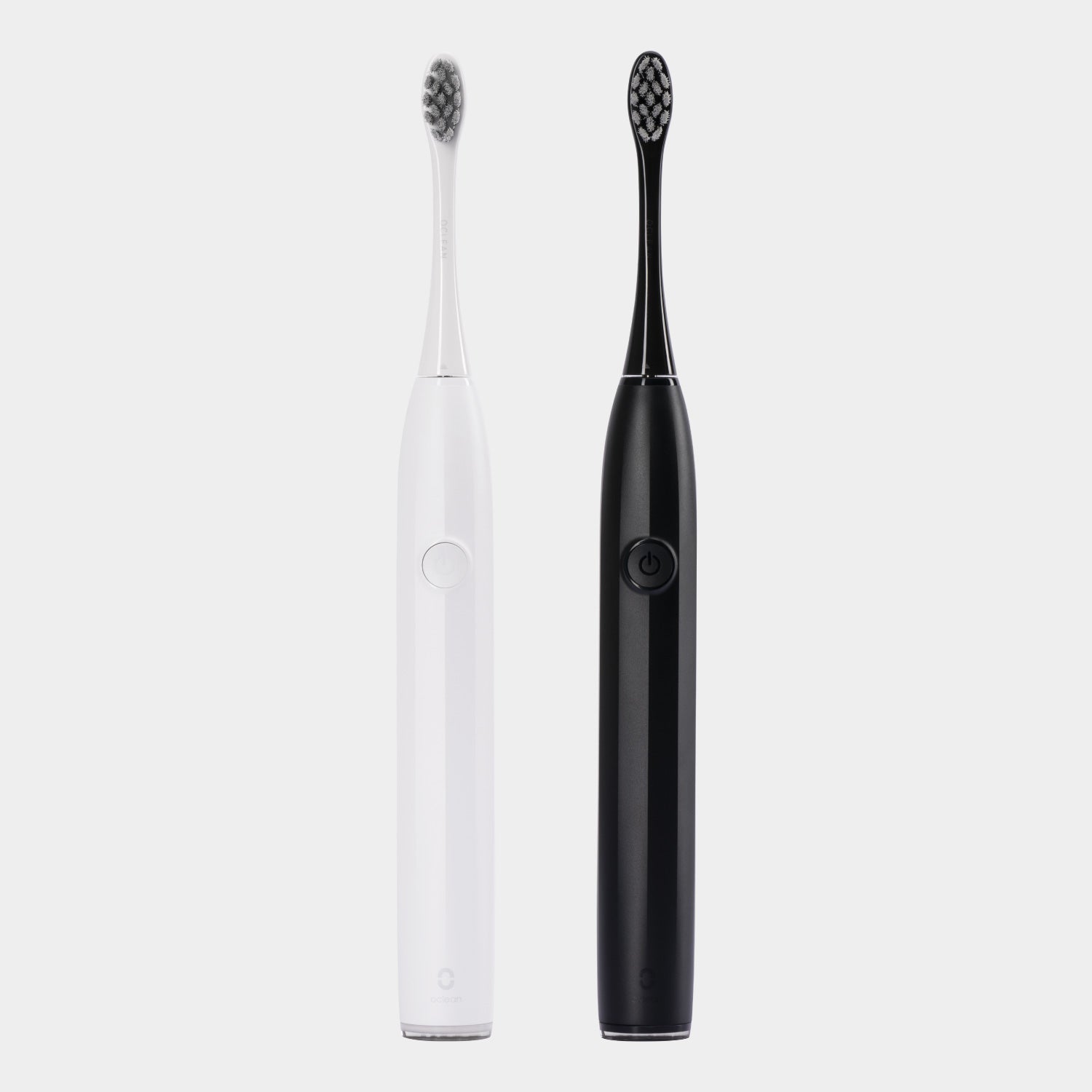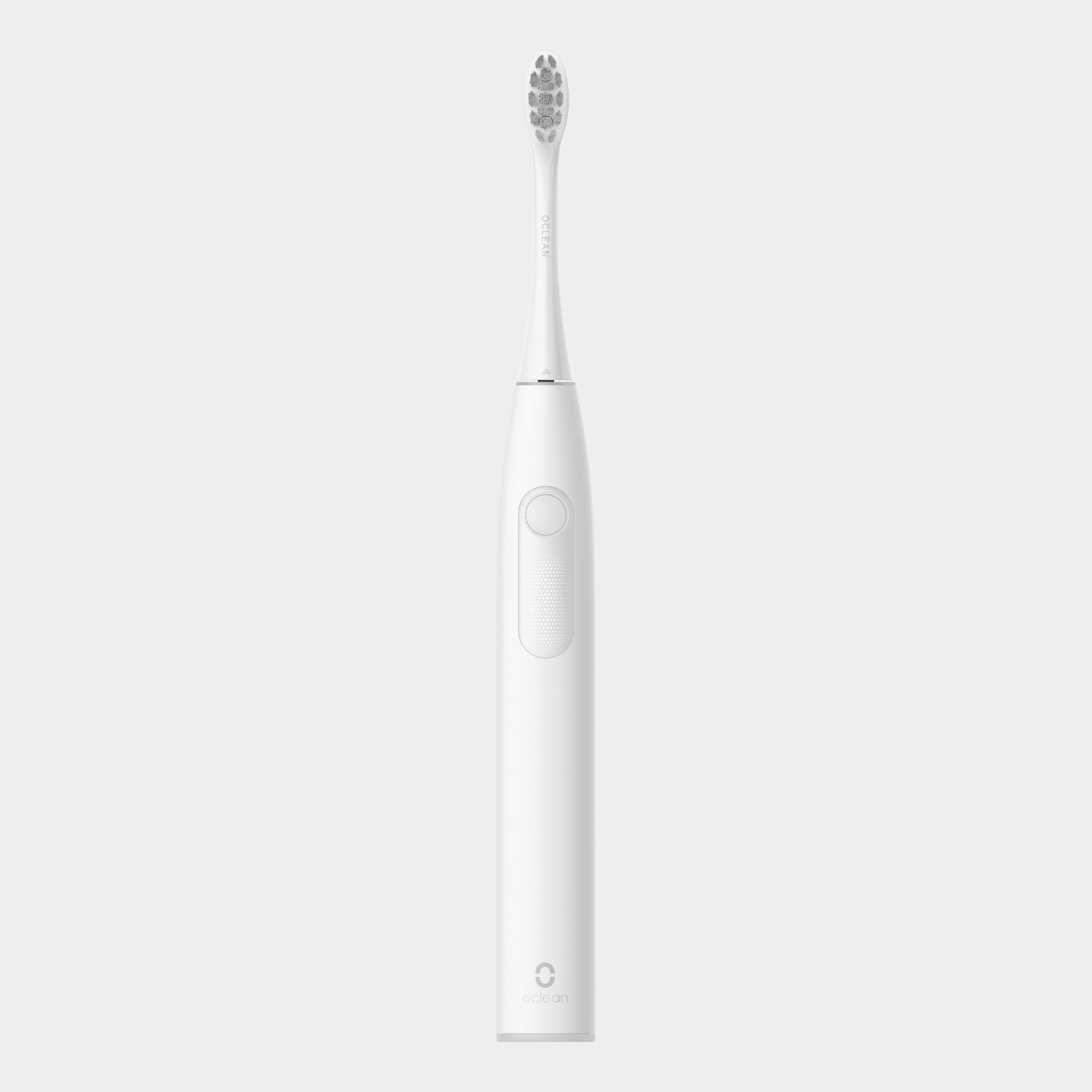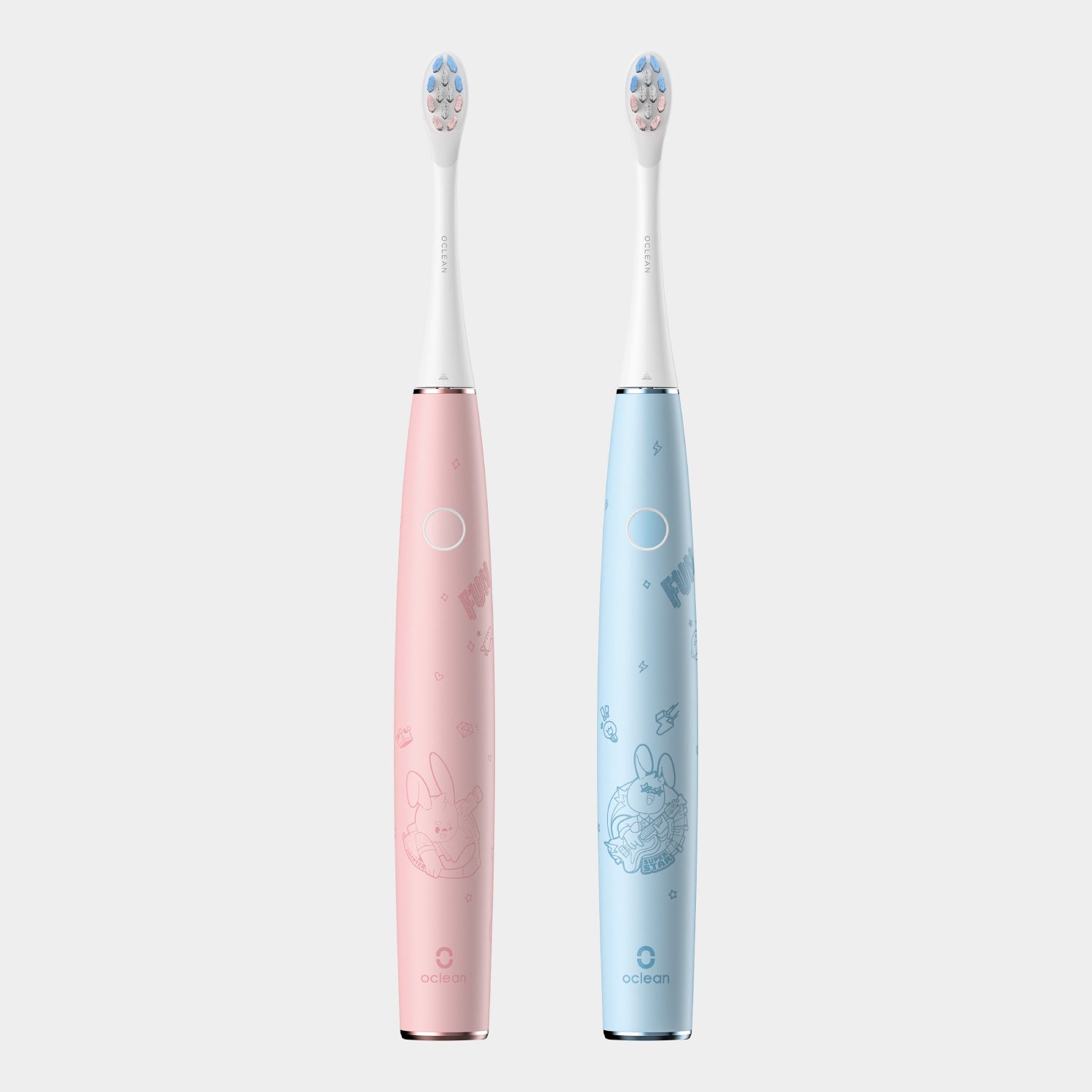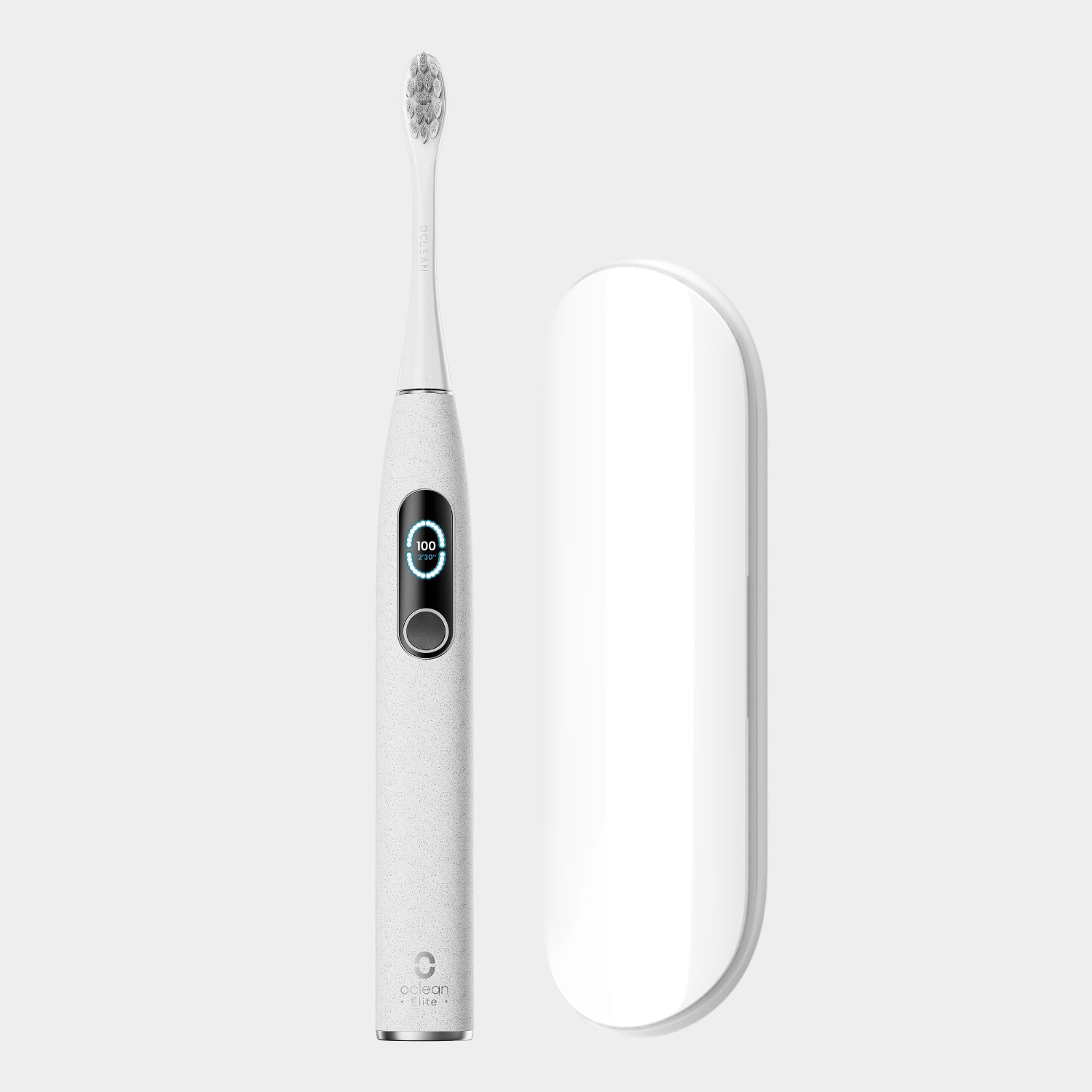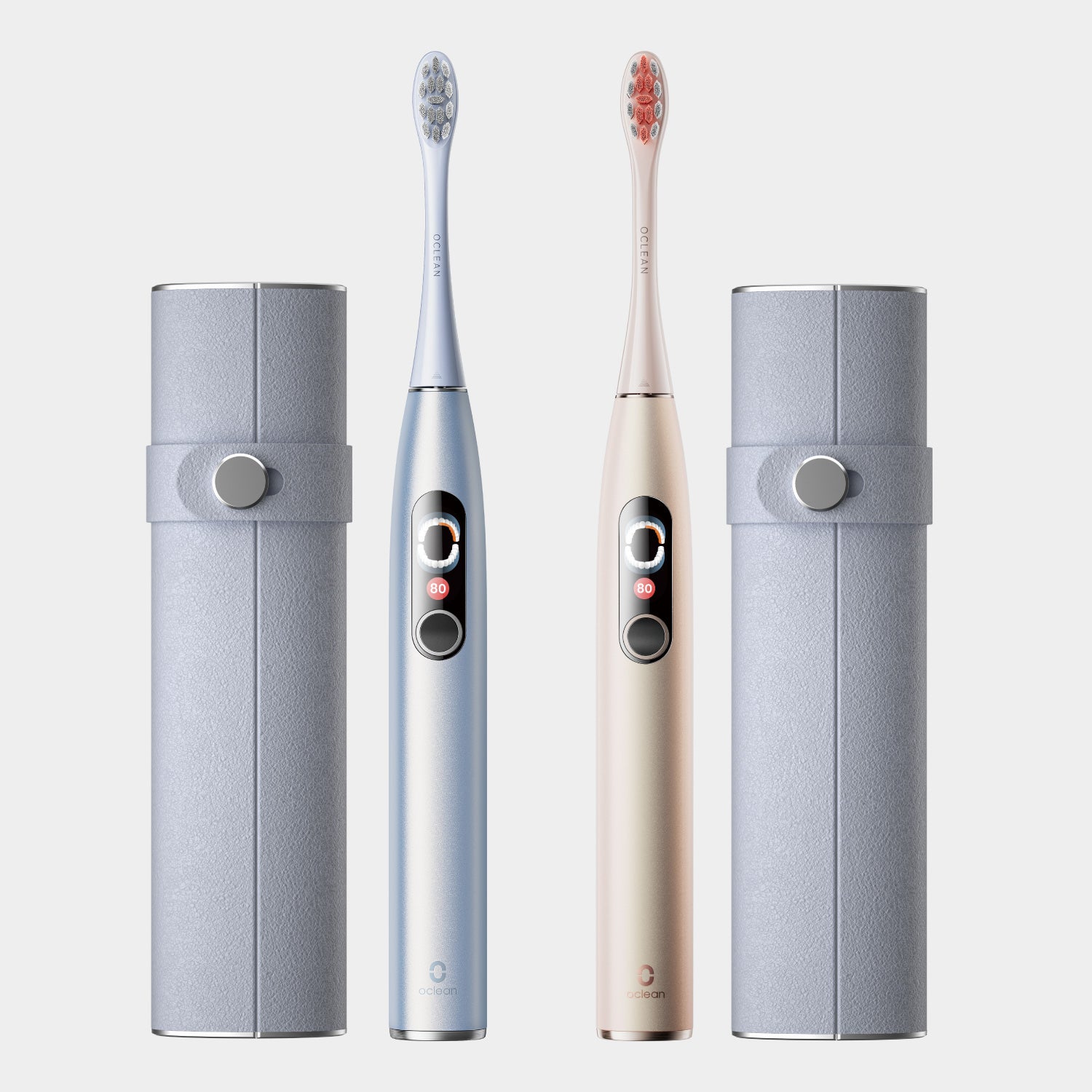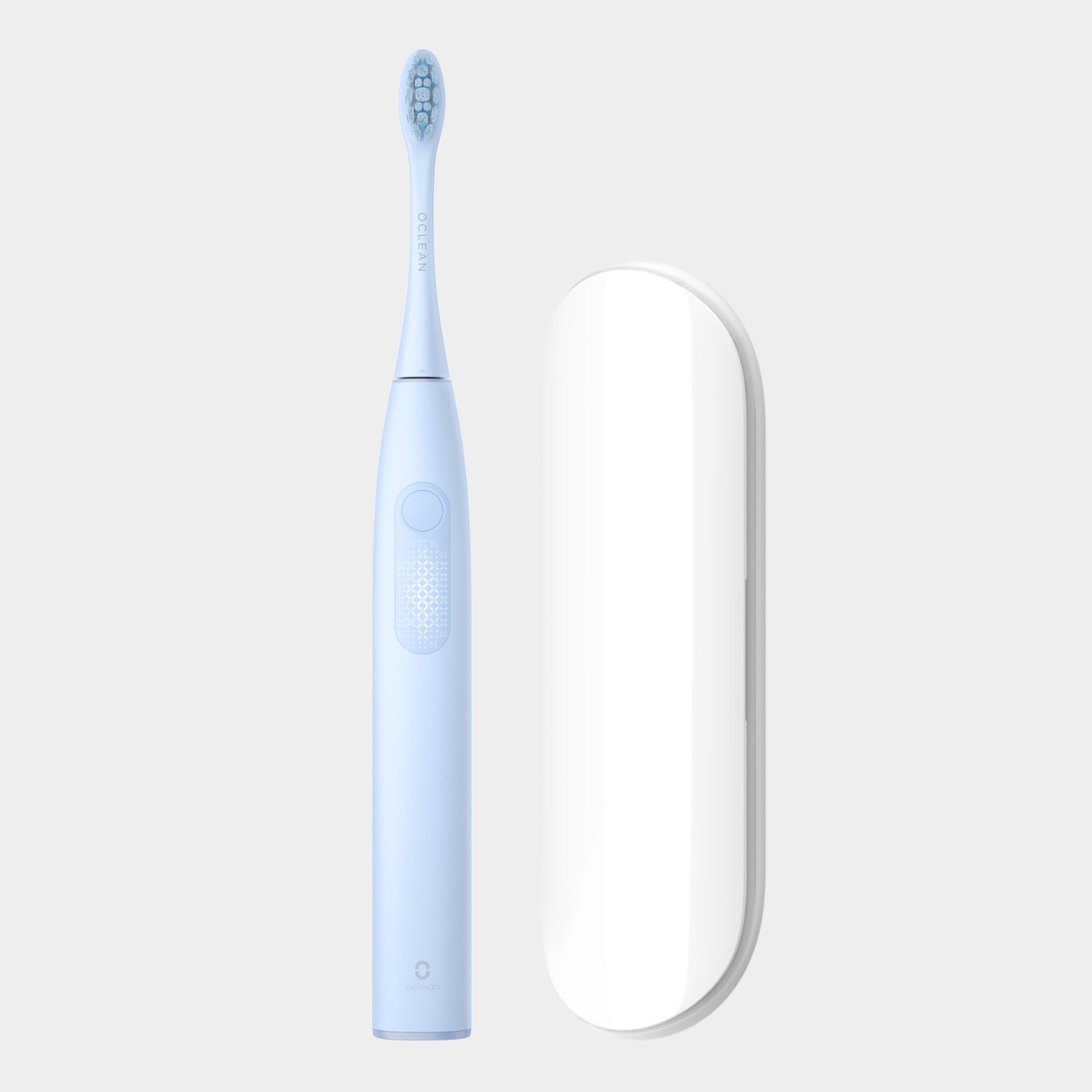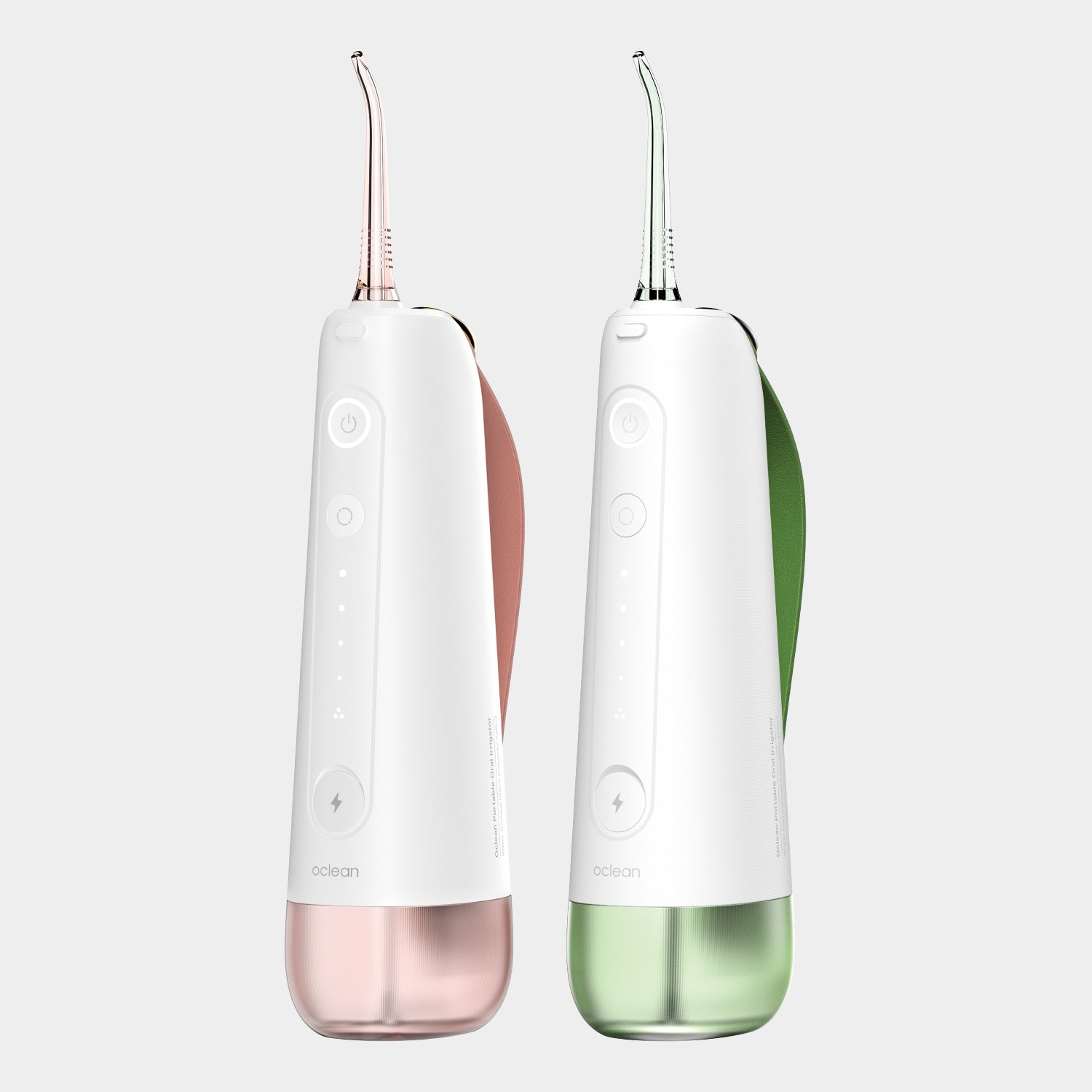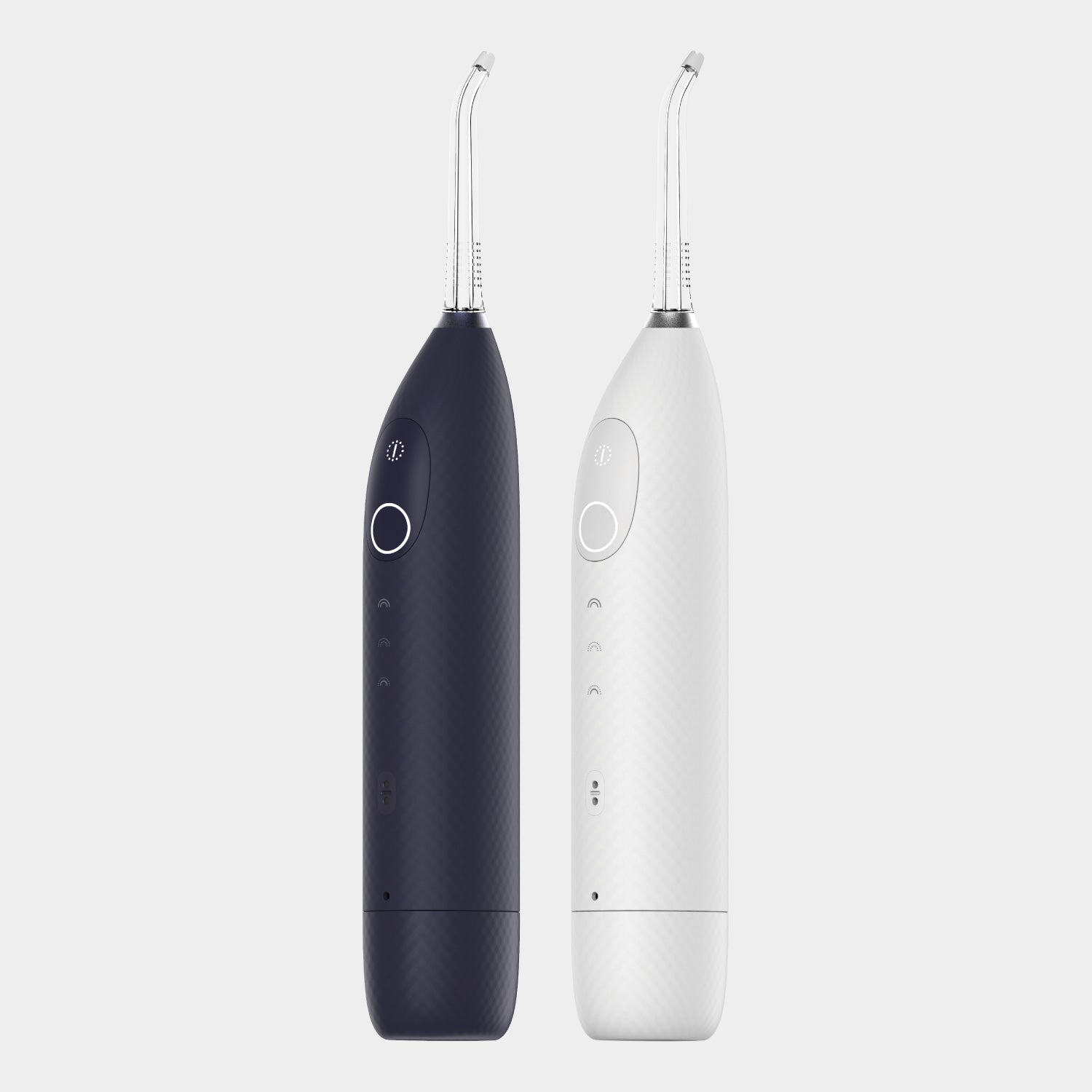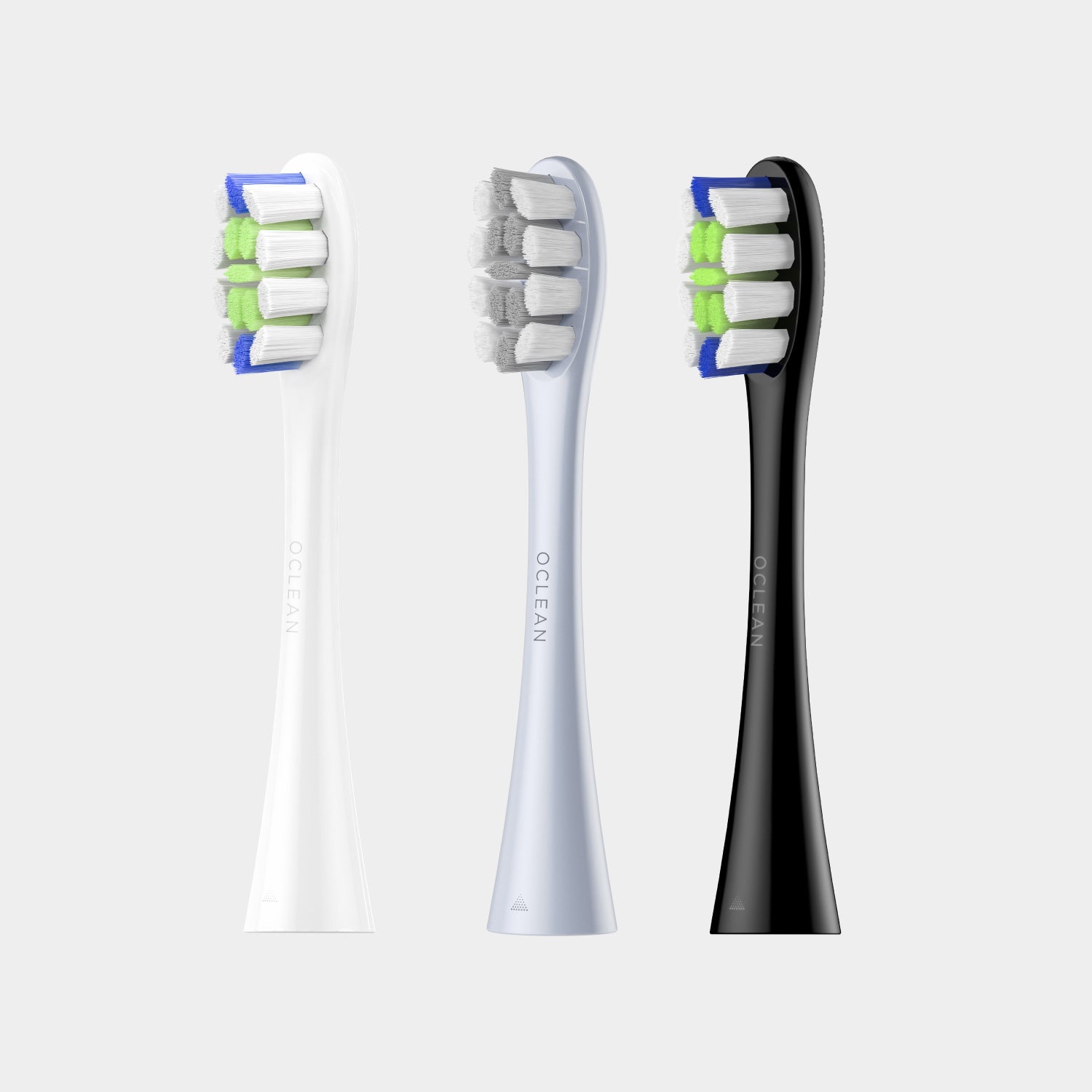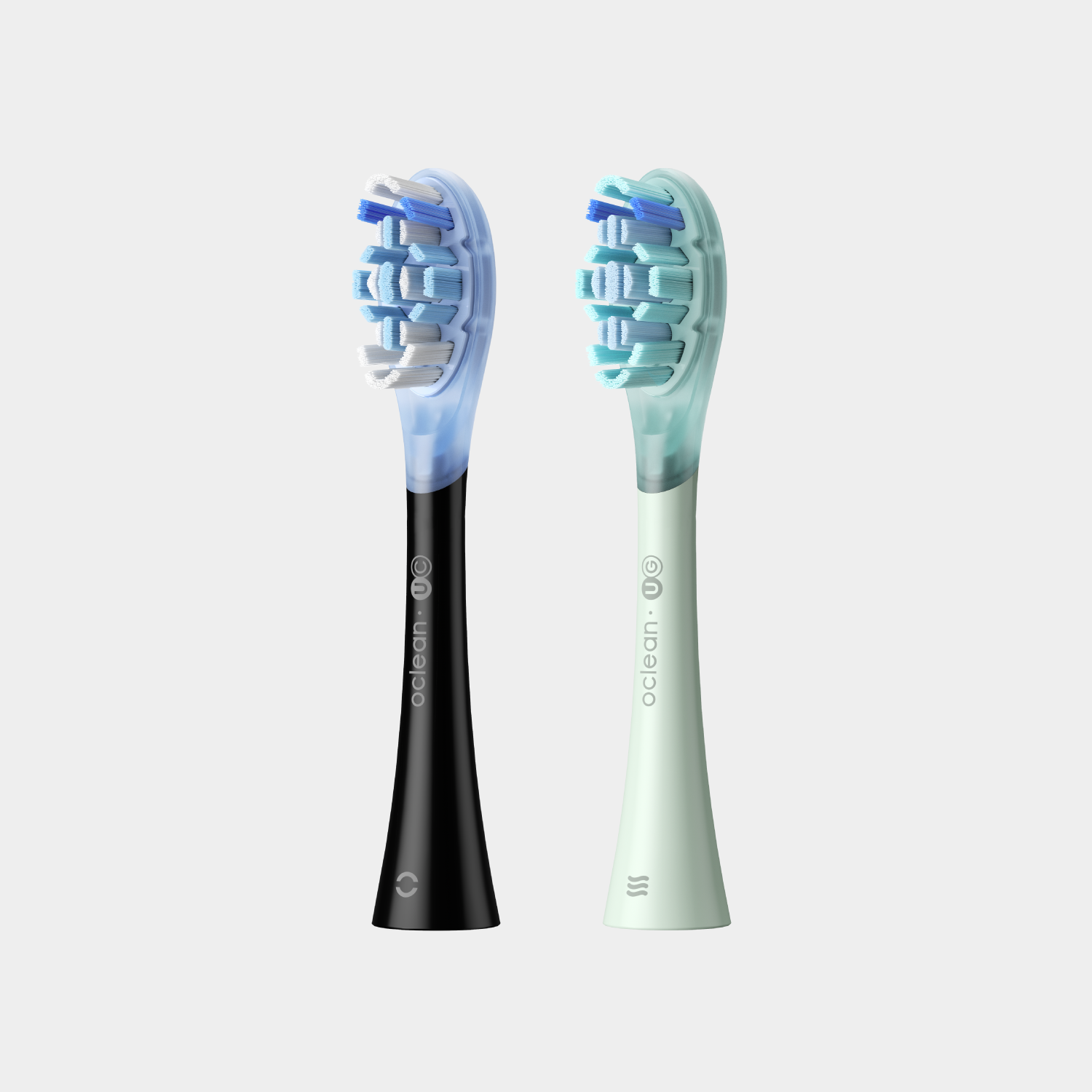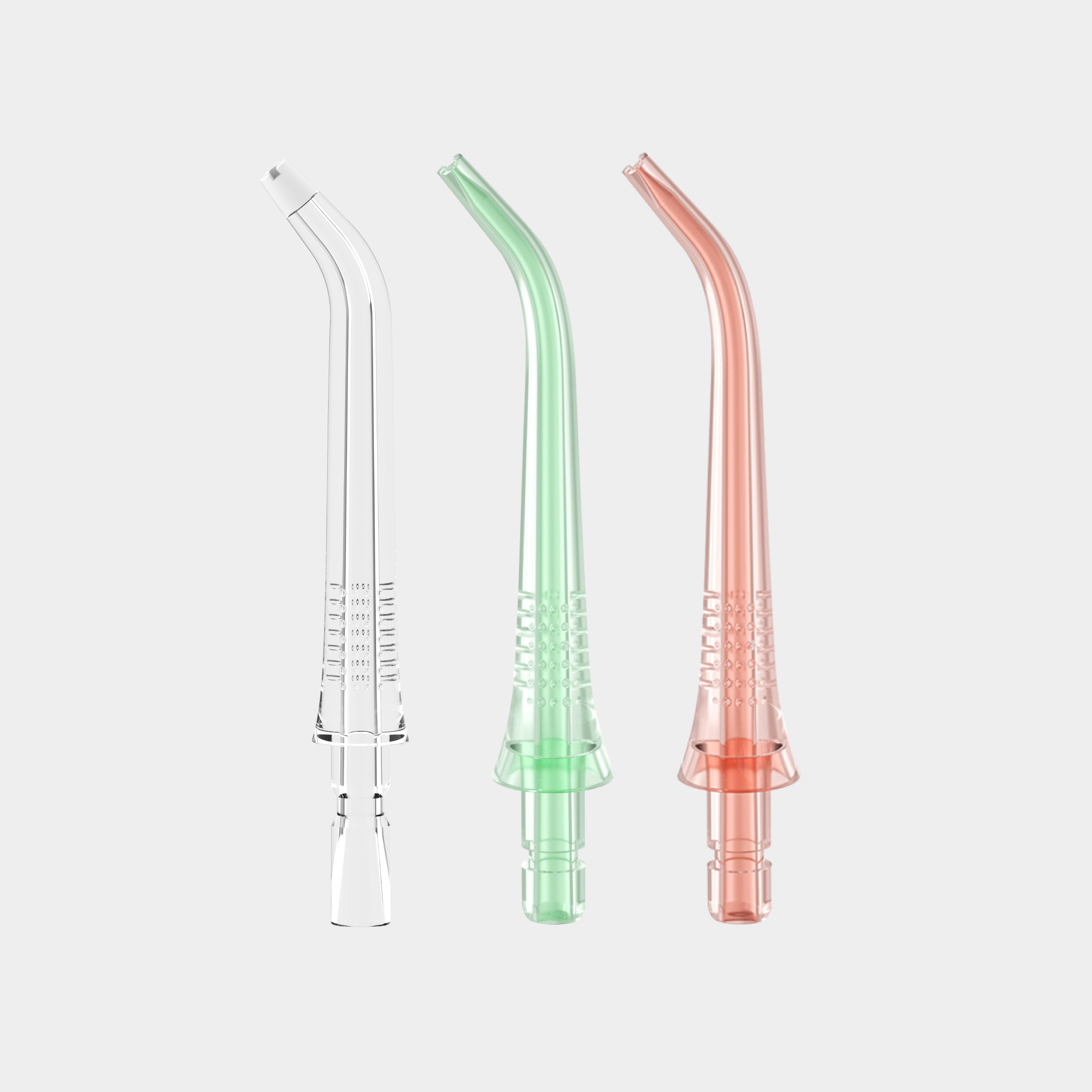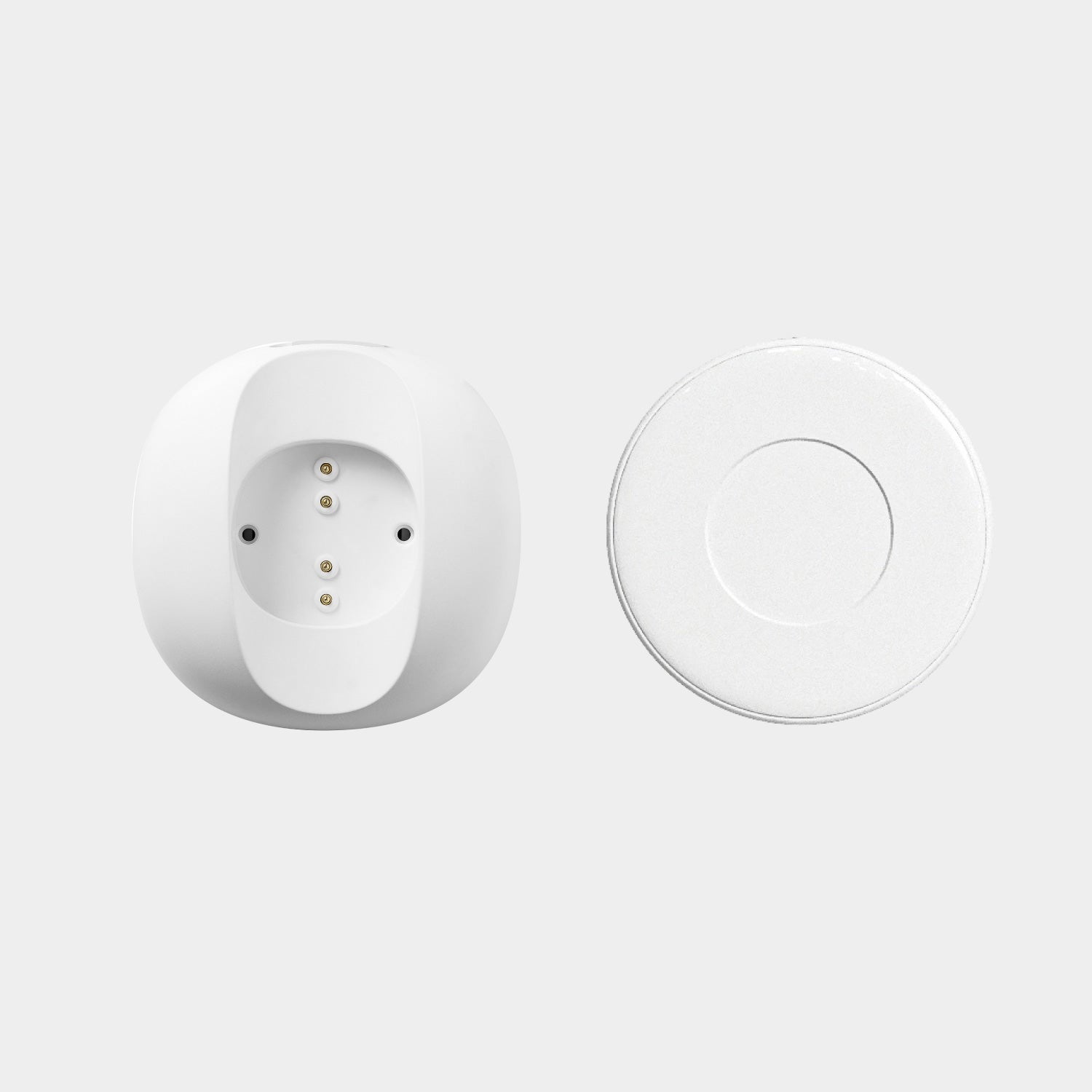Do you observe a small amount of blood while spewing the toothpaste after brushing or flossing your teeth?
If your gums are consistently bleeding or you notice the slightest amount of blood, you should never neglect it. There are numerous causes for bleeding gums, ranging from gingivitis to pregnancy-related adverse effects.
What can cause gum bleeding?
Changing your oral hygiene routine might also cause your gums to bleed initially. Problems such as bleeding gums indicate poor periodontal health, which needs immediate attention. Some other factors include plaque accumulation, vigorous brushing, injury, pregnancy, and inflammation, which might also trigger gum bleeding.
Bleeding gums can also occur due to bacterial infection and inflammation around the gums, which is a distress signal from the "periodontal" area.
Other external factors, such as bad restorations, trauma, or vitamin deficiencies, can cause bleeding gums. Although systemic causes are relatively rare, it's a good idea to see your dentist first to identify the problem's root cause, which can guide you in the best possible way. But before you book an appointment with your dentist or google "What should I do for bleeding gums," here are some tips to help alleviate the problem!
How can you manage bleeding gums?
If you suddenly come across bleeding gums and cannot immediately connect with your dentist, here are a few tips that can help manage the condition:
- Choose your toothbrush and floss very carefully.Oclean Sonic Electric Toothbrush and Water Flosser are the best choices for sensitive teeth.
- Use a damp gauze until the bleeding stops.
- Use an ice pack for about ten minutes on the affected area to relax the swollen gum.
- Rinse your mouth with an antibacterial mouthwash or even freshly prepared saline water to reduce inflammation, eliminate bacteria and relax bleeding gums. According to the American Dental Association (ADA), you can prepare the oral salt rinse with half a tablespoon of salt and 8 ounces of warm water.
- You may also apply a turmeric paste, as turmeric has excellent anti-inflammatory and antiseptic properties.
- Smoking is one of the prime causes that can trigger gum diseases, so you must avoid smoking if you experience bleeding gums.
- Avoid any processed or sugary food items.
The most important thing to do is follow a healthy dental regime that might help alleviate the condition. So these are some of the remedies that can help manage minor gum bleeding. Do not hesitate to consult a dentist for excessive or persistent gum bleeding.


